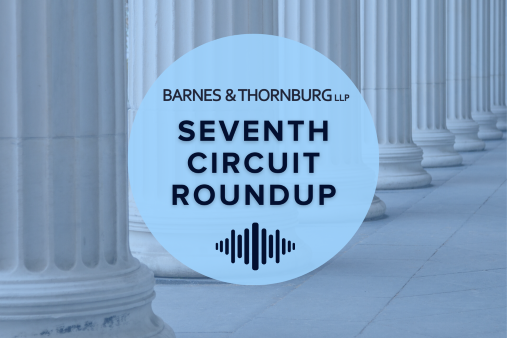The United States Supreme Court has added yet another interesting employment law issue to its docket, agreeing to take up the question of whether Title VII’s retaliation provision and similarly worded statutes require a plaintiff to prove “but-for” causation or instead require only proof that the employer had a mixed motive for the employment decision in question.
The Supreme Court granted a petition by the employer to hear its appeal in the case of University of Texas Southwestern Medical Center v. Nassar, Docket No. 12-00484. The employer’s appeal comes after a trial and an appeal in the Fifth Circuit in which a jury verdict in favor of the plaintiff on a retaliation claim was upheld. I n asking the Supreme Court to take the case, the employer argued that the appellate courts are divided on whether retaliation claims under Title VII or claims under other similarly worded employment statutes are subject to the but-for causation analysis from Gross v. FBL Financial Services, 557 U.S. 167 (2009) or the mixed-motive analysis from Price Waterhouse v. Hopkins, 490 U.S. 228 (1989). In particular, the employer noted that the appellate courts are split on whether the Supreme Court’s but-for holding in Gross, which was an age discrimination case, is limited to the Age Discrimination in Employment Act or whether it applies to all other similarly worded employment statutes. The employer argued that the Fifth Circuit’s decision conflicts with other appellate rulings, including several in the Seventh Circuit (which covers Indiana, Illinois, and Wisconsin). In the underlying case, a Texas jury found in favor of the plaintiff, a medical school professor, on his claims of constructive discharge and retaliation and awarded approximately $3.5 million in damages. (The district court reduced that to about $735,000 plus attorneys’ fees). On appeal, the Fifth Circuit reversed on the constructive discharge claim but upheld the retaliation verdict. We will be watching the docket for briefs and oral argument on this important issue for employers and employment law practitioners.
High Court to Decide Whether “but-for” Standard Applies to Retaliation Claims Under Title VII
Subscribe
Do you want to receive more valuable insights directly in your inbox? Visit our subscription center and let us know what you're interested in learning more about.
View Subscription Center










